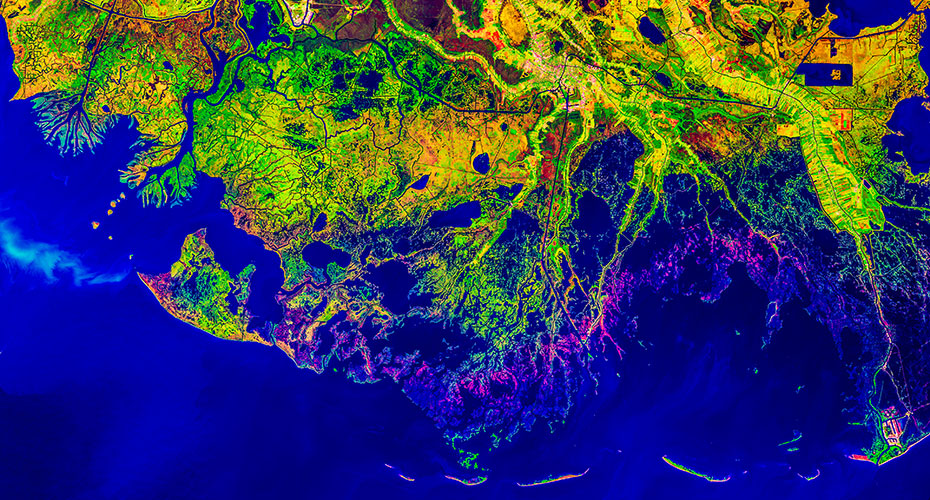Research and expertise
Environmental Intelligence draws upon a wide range of expertise from across the University, from business and social sciences, geography, ecology and engineering to computer science and mathematics.
Our expertise covers four principal ‘EI for…’ research-application area themes, enabled by cross-cutting technical expertise, complemented by expertise relating to the broader social context in which such technologies and approaches are developed and applied.
Research themes
Our expertise and activity aligns with one or more of our Environmental Intelligence research themes and application areas.

EI for carbon, weather and climate
From carbon cycle, weather & climate models and forecasting to social & environmental tipping points, extreme weather-natural events and global systems thinking.

EI for energy, decarbonisation and urban sustainability
From built environment, smart cities, energy systems and renewables to circular economy, clean mobility, sustainable transport systems, and resilient infrastructure

EI for ecosystems, sustainable agriculture and biodiversity
From sustainable food systems, land-water use and conservation to nature-based solutions, biodiversity monitoring, rural policy and marine management.

EI for environmental transformation
From net-zero transition, business ECG commitments, climate / extreme weather mitigation, and food and energy systems, to biodiversity renewal, land use, flood prevention, pollution and supply chain resilience
Research impact
EI research and innovation activity focusses in particular on (is) delivering impact in the following key areas.
















